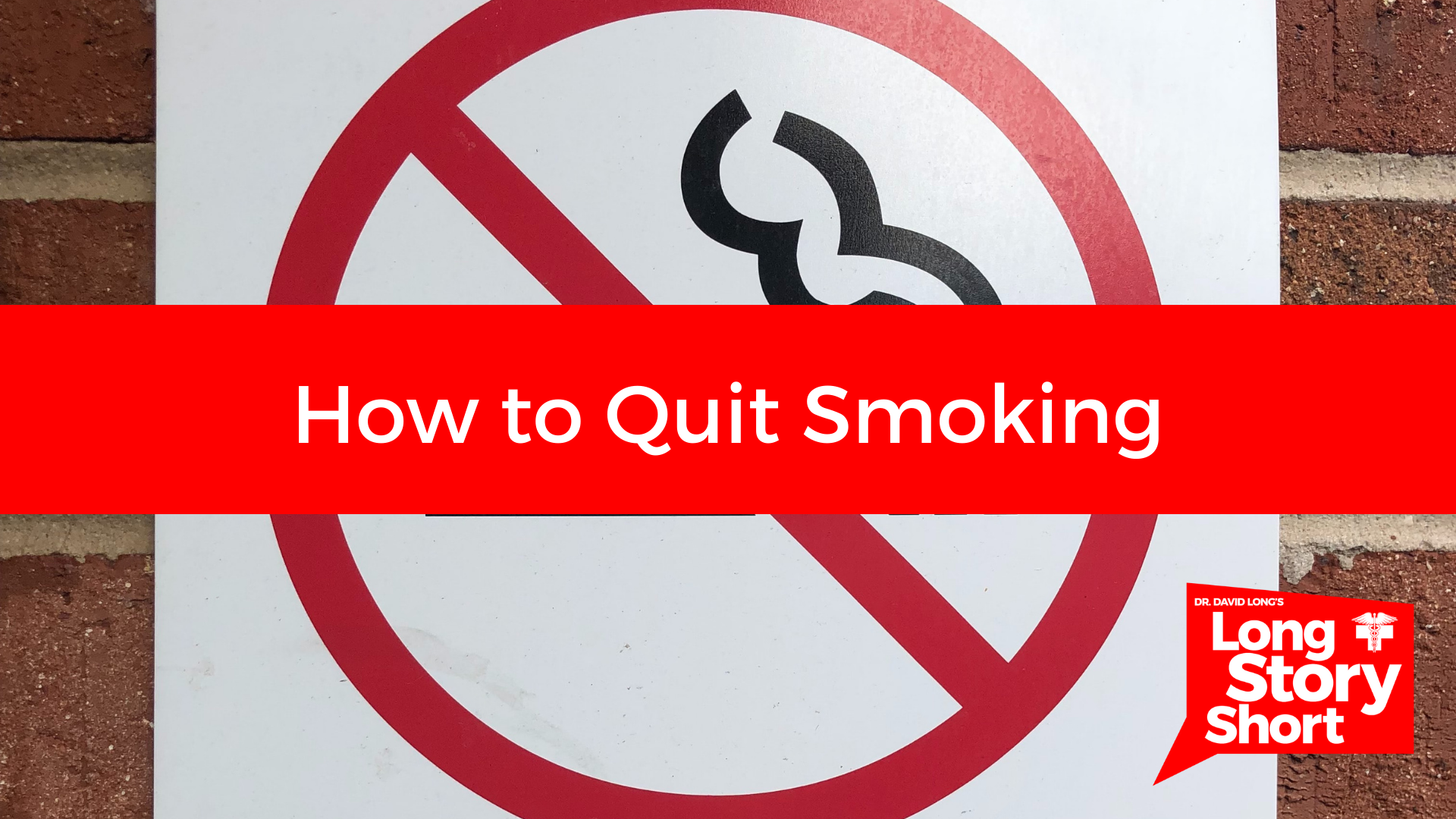How to Quit Smoking Summary
- Quitting smoking can be difficult due to the brain associating nicotine with stress relief.
- To successfully quit, it is important to replace smoking with other activities that help manage stress such as exercise, counseling and/or meditation.
- Nicotine replacement products or medications like Chantix may also help separate behavioral habits from chemical dependency while being safer than continuing to smoke cigarettes.
- Most of all, remember that the underlying reason for being tied to cigarettes was likely related to managing stress levels; keep trying and your doctor can provide assistance if needed.
Full Text
Have you tried to quit smoking king and found it to be really difficult. There’s no mystery to Why it’s hard to stop smoking or other addictive behaviors. What I tell patients is that they shouldn’t just quit smoking. They should replace smoking. You see, you don’t smoke because you’re A loser with no self-control.
You smoke because your brain has associated nicotine with stress relief. If we both walk outside and we both have a flat tire, the idea of having a cigarette wouldn’t occur to me, is that because I’m somehow tougher or stronger than you?
Of course not. It’s because my brain hasn’t connected, nicotine distress, stress relief. If you’re going to be successful at stopping smoking, you’ll have to develop some other means of dealing with stress to replace the nicotine.
I recommend exercise counseling meditation, perhaps a medication to help nicotine replacement can help separate the behavioral habits from the chemical dependency. Chantix is a great medication to help stop smoking.
Sometimes patients tell me they’re worried about the side effects of Chantix, and I remind them that the side effects of Chantix are far more favorable than the side effects and risks of smoking. If you can put them down and walk away, good for you, that isn’t the case for most people, it can take dozens of attempts to stop before it sticks, keep trying your doctor can help.
Most of all. Remember the underlying reason that you were tied to cigarettes is stress.
Be safe, be well. I’m Dr. David Long, and that was the longest story short.





 and then
and then